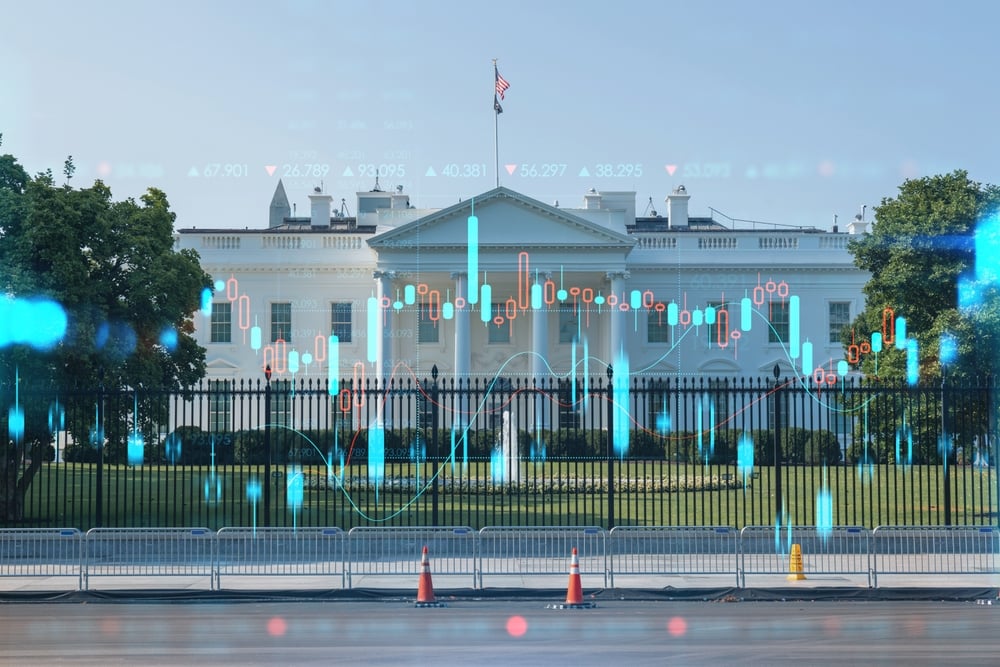Donald Trump’s reelection as the 47th President has raised pivotal questions about the future of the U.S. tech industry. With potential shifts in AI regulation, antitrust cases, tariffs, and immigration policies, the industry is bracing for a new era marked by potential disruption and transformation.
Musk’s Role in the New Administration
One notable aspect of Trump’s new term could be the appointment of Elon Musk to a significant government position. Trump, who lauded Musk as an “amazing guy” during his election-night speech, hinted that the Tesla and SpaceX CEO might lead a government efficiency commission. Musk’s influence could signal reduced oversight on self-driving technology and space ventures, areas where he has clashed with federal regulators.
Potential Tech Challenges and Policy Shifts
Despite Musk’s possible involvement, Trump has voiced stark opposition to other tech leaders, notably Mark Zuckerberg of Meta, whom he threatened to prosecute during the campaign. Trump’s administration could see an intensified focus on Google, which he accused of election interference, potentially leading to regulatory confrontations.
Tariffs and Economic Impact
Trump’s proposal for sweeping tariffs—10% on all imports and up to 60% on Chinese products—poses a major concern for the tech industry. Barclays and experts such as Mark Lemley of Stanford University have warned that such tariffs could stifle domestic consumption, increase costs, and disrupt tech companies’ global sales.
Retail analysts echo these fears, suggesting that major players may have to reassess supply chains. “It’s causing a lot of nervousness,” said Neil Saunders of GlobalData, highlighting the potential economic upheaval.
Antitrust and Merger Prospects
Trump’s stance on antitrust enforcement may be less aggressive compared to his predecessor. While existing cases against Apple, Google, Meta, and Amazon are likely to continue, George Hay, an antitrust law expert at Cornell University, noted that Trump’s administration could shift the focus away from new cases and potentially adopt more merger-friendly policies.
Hay added that much depends on the appointment of a new assistant attorney general for antitrust. “New guidelines might be less stringent, but the fundamental laws and courts won’t change drastically,” he said.
M&A Landscape and Policy Impact
Mergers and acquisitions could pick up under Trump, reversing stricter merger guidelines set under Biden. Anna Rathbun of CBIZ suggests that low M&A activity in recent years was influenced more by economic factors like interest rates than by regulatory pressures.
Broader Implications for Immigration and AI
Trump’s immigration policies could impact the H-1B visa program, crucial for tech staffing amid the AI boom. The industry’s reliance on global talent might face challenges, adding pressure during an already competitive AI hiring environment.




















